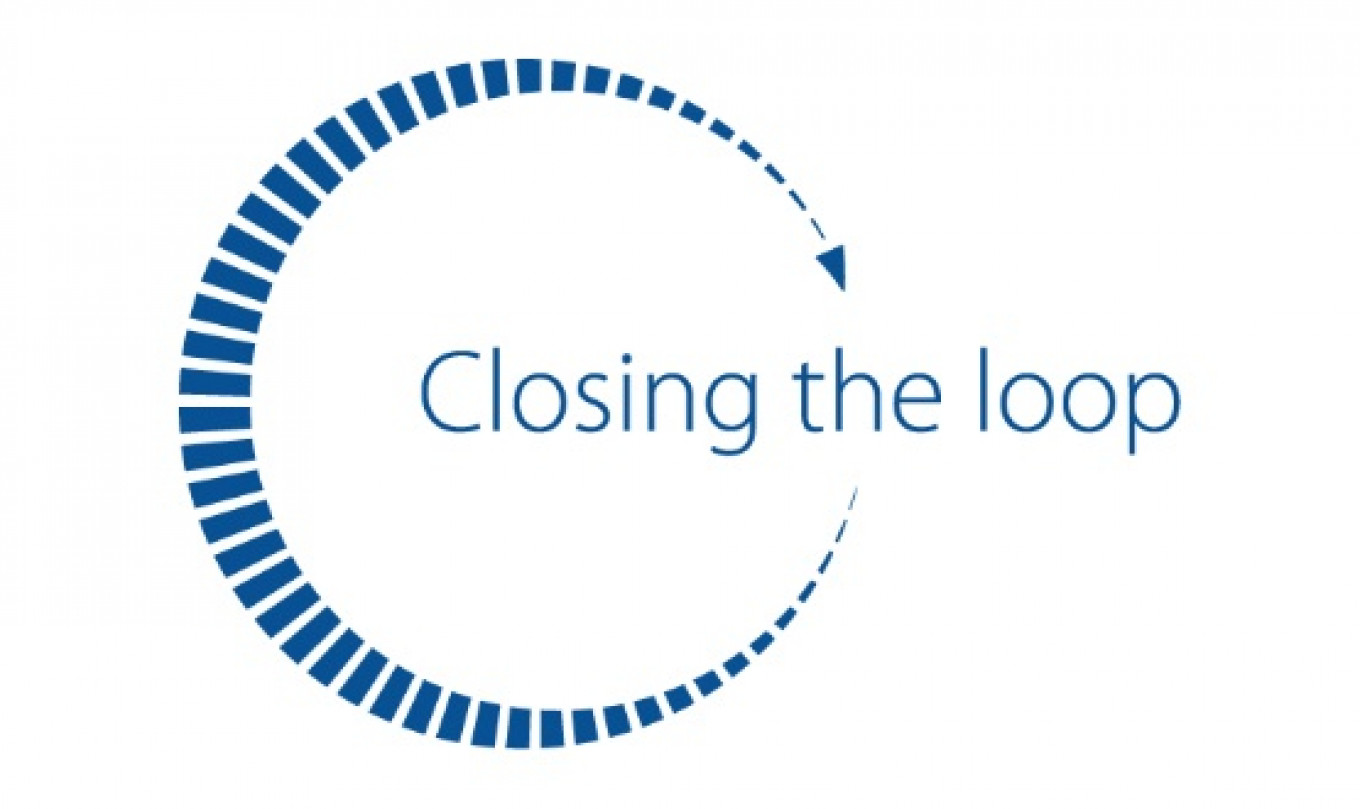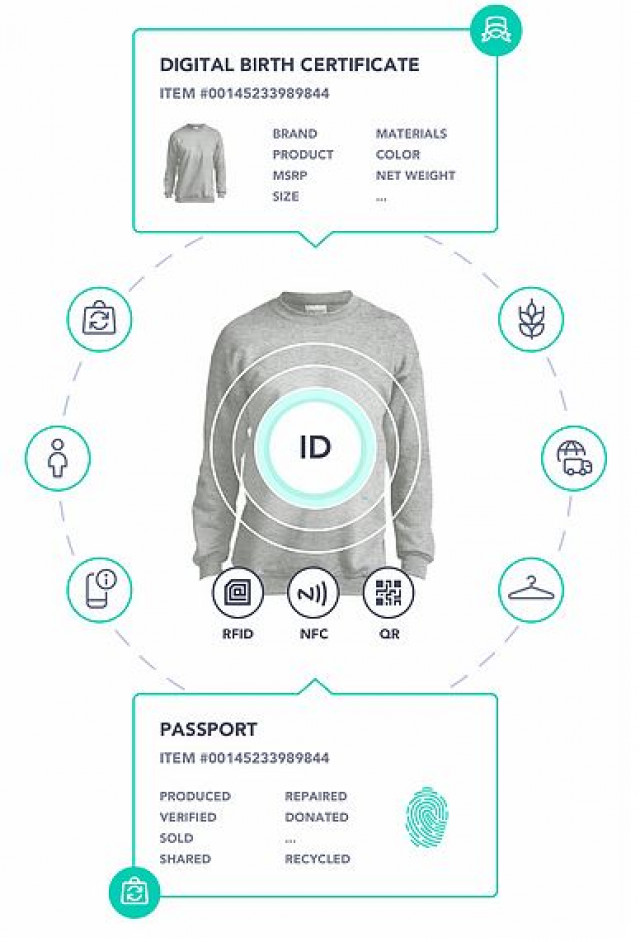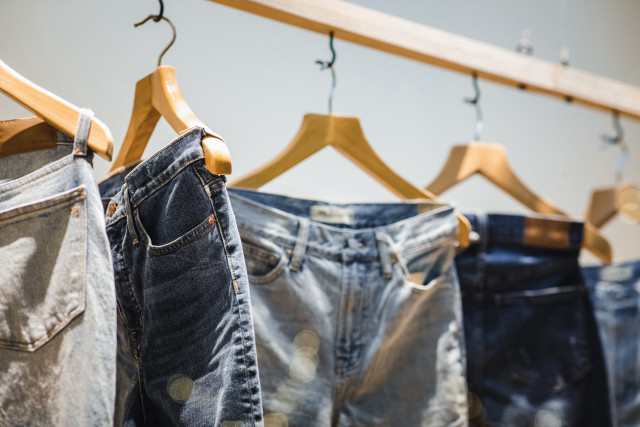Closing the Loop
Can social and solidarity organisations accelerate the circular economy?
The UN Inter Agency Task force on Social and Solidarity Economy (SSE) published an article on the role of SSE-organisations in the circular economy and in delivering SDG 12. Salvation Army ReShare - ENoR member - is one of the studied SSE organisations.

Today’s world seems to be buzzing with excitement over the “circular economy”, a concept closely aligned with Sustainable Development Goal 12. This paper examines four organisations from the social and solidarity economy, which are trying to redirect our growing streams of textile waste towards reuse and recycling, all grounded in the model of social employment. Through cross-sectoral collaborations, new social business models are emerging. The SSE-organisations discussed in this paper work with retailers, brands, technology developers and recyclers. They are reinventing the SSE’s traditional model of clothing reuse, turning instead into a push factor for a circular system in which the value of all textile materials can be maximised. Whilst in early stages, these projects can signal and help anticipate the possible risks and opportunities for the SSE, as the circular transition picks up speed. The paper therefore provides first-hand insights as to the question of how the circular economy can become socially impactful, and how the social and solidarity sector can maximise its role through collaborations, whilst safeguarding its independence and social mission. Lastly, the paper also discusses the enabling factors to achieve the systemic change of SDG 12, fostering social, environmental and economic progress within hybrid collaboration models.
Find the full article here.





